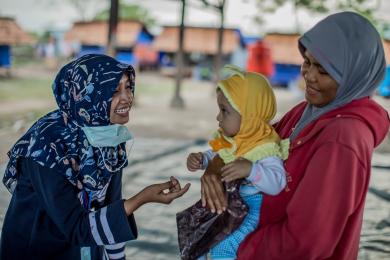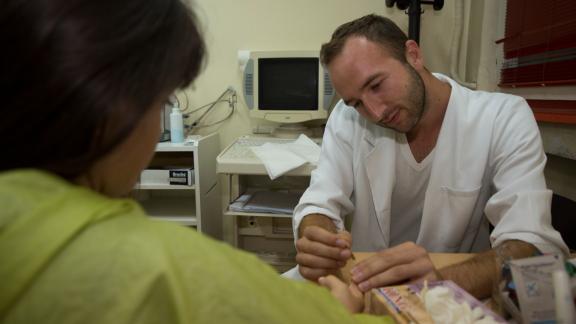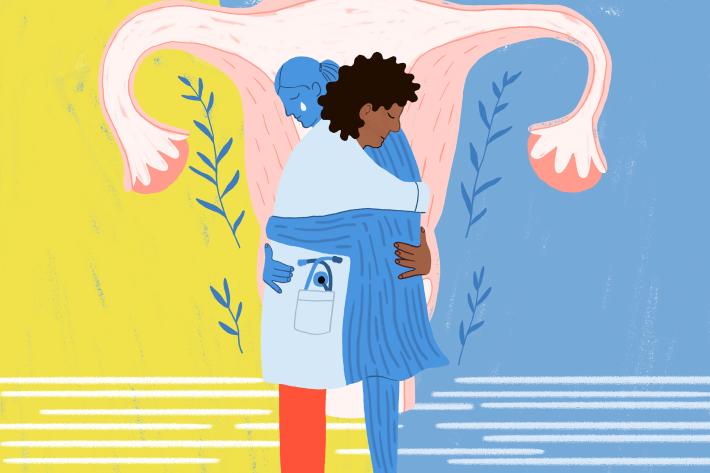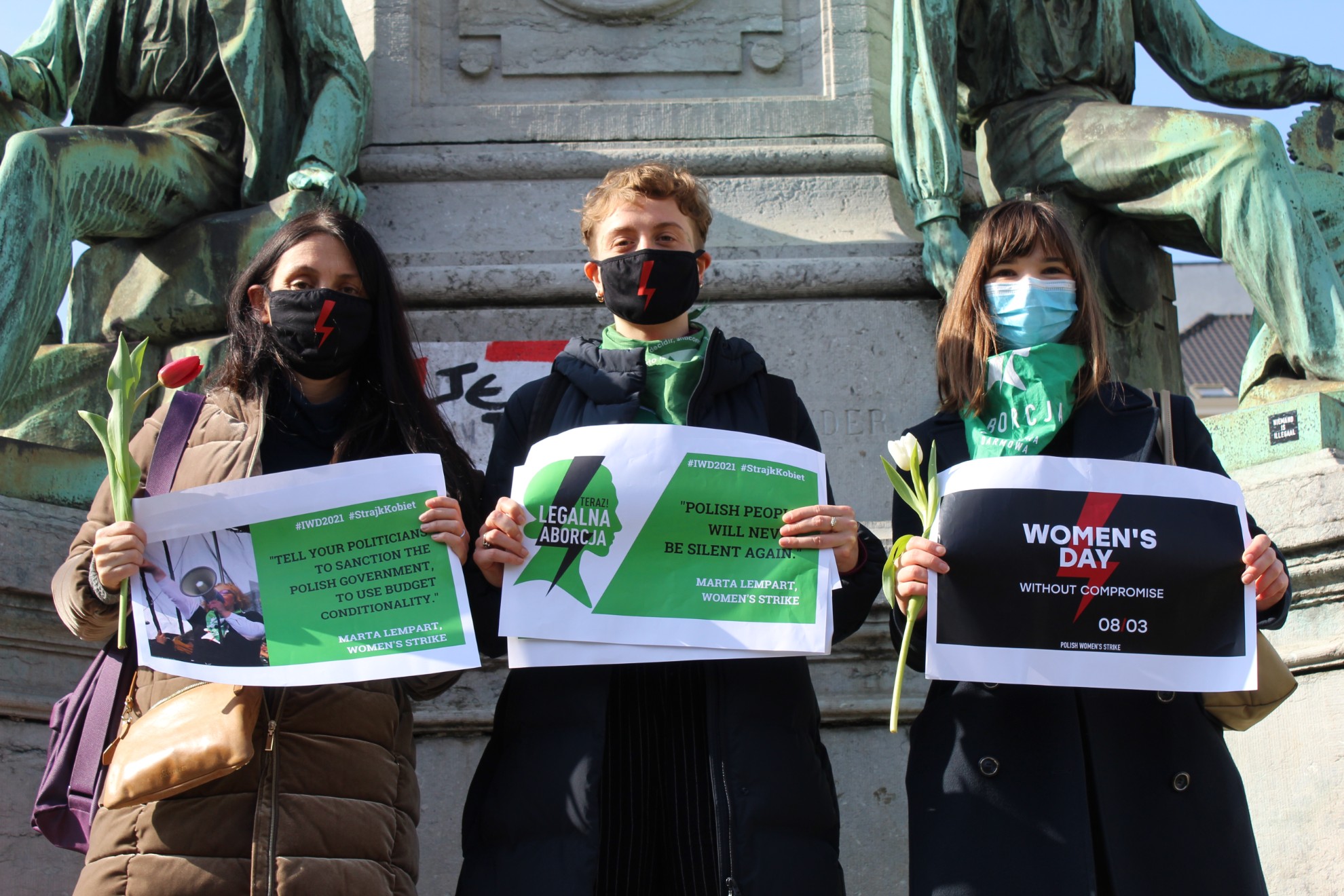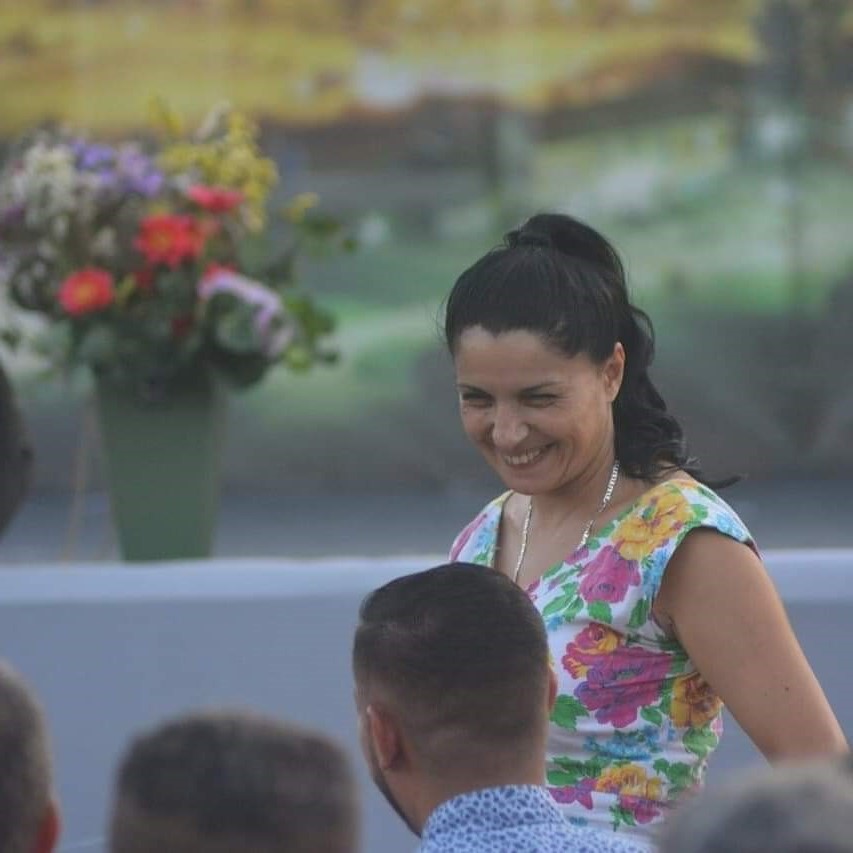Strategic Framework 2023–2028 is a bold and aspirational vision of what the International Planned Parenthood Federation (IPPF) plans to achieve, and how we will achieve it, over the next years.
In Focus
Our Impact
Coming Together in Solidarity for SRHR and Gender Equality - Download our Annual Report to find out more about our work and impact in 2023.
IPPF’s Strategic Framework
2023-2028
Our Programmes
Partnerships and Collaborations
Humanitarian
Women’s need for reproductive health care is not suspended in a humanitarian crises. One-quarter of people affected by crises are women and girls aged 15-49. In crisis settings there is a heightened risk of early marriage, sexual violence, unsafe abortions and unattended births. Transmission rates of STIs, including HIV, also increase in emergencies whilst access to normal healthcare services decreases.
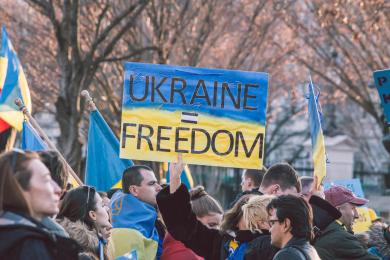
Integrated Service Delivery
Integrated Package of Essential Services
IPPF’s Integrated Package of Essential Services (IPES) promotes service provision for the most pressing sexual and reproductive health needs of the population.
We place our clients at the very centre of everything we do and provide them with eight essential services: counselling, contraception, safe abortion care, STIs/RTIs, HIV, gynaecology, prenatal care and gender-based violence.
This approach focuses on both expanding supply and increasing demand for services.
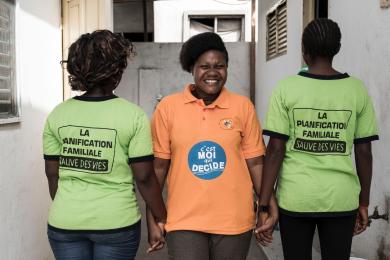
Minimum Initial Service Package (MISP)
The Minimum Initial Service Package (MISP) is a set of life-saving activities to be implemented at the onset of every humanitarian crisis.
It is an internationally accepted minimum standard of care for reproductive health, pioneered and rolled out by IPPF.
The sexual and reproductive health services set out in the MISP can mean the difference between life and death for people affected by disaster.
